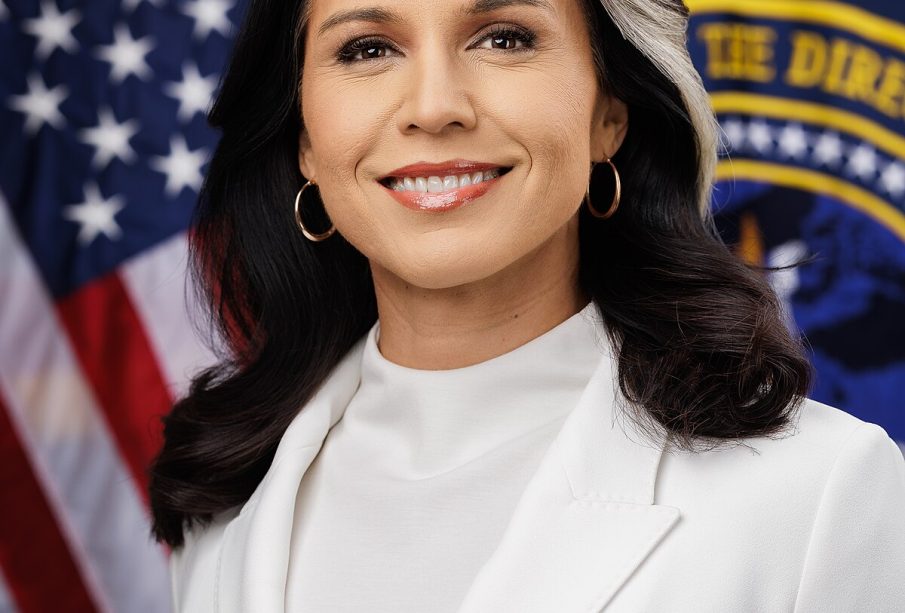The Political Journey of Tulsi Gabbard

Introduction to Tulsi Gabbard
Tulsi Gabbard, a prominent American politician and former member of the U.S. House of Representatives, has become a significant figure in contemporary politics. Known for her progressive views and unique approach, Gabbard has garnered attention for her stance on various national and international issues. Understanding her political journey is essential to grasp the evolving landscape of American politics.
Career Highlights
Gabbard served in Congress from 2013 to 2021, representing Hawaii’s 2nd congressional district. She was notable for being the first Hindu elected to the U.S. Congress and the first Samoan-American voting member of Congress. Gabbard has been an advocate for policies addressing climate change, healthcare reform, and reducing military interventions abroad.
2020 Presidential Run
In 2020, Gabbard launched her campaign for the presidency, positioning herself as a candidate who could unite disillusioned voters across the political spectrum. Her approach focused on issues like ending regime change wars and improving domestic social policies. However, despite a passionate base, she struggled to gain traction against higher-profile candidates. Gabbard’s participation in the Democratic primaries highlighted her distinctive platform but ultimately did not secure her nomination.
Recent Developments
In recent months, Gabbard has shifted her public persona, increasingly aligning with some conservative viewpoints, particularly on foreign policy and free speech issues. In October 2022, she announced her departure from the Democratic Party, citing increased divisiveness and a lack of moderation within its leadership. This decision sparked conversations about the future of centrist politics in America.
Significance and Future Outlook
Tulsi Gabbard remains a polarizing yet crucial figure in American politics. As she continues to engage with issues such as national security, civil liberties, and economic reform, her voice is anticipated to influence political discourse well beyond her congressional years. The implications of her evolving alignment may inspire other politicians to embrace a more independent, cross-party approach, especially in an increasingly polarized environment. Observers are eager to see how her trajectory unfolds in the coming years, potentially shaping not only her future but also the landscape of American political affiliations.









